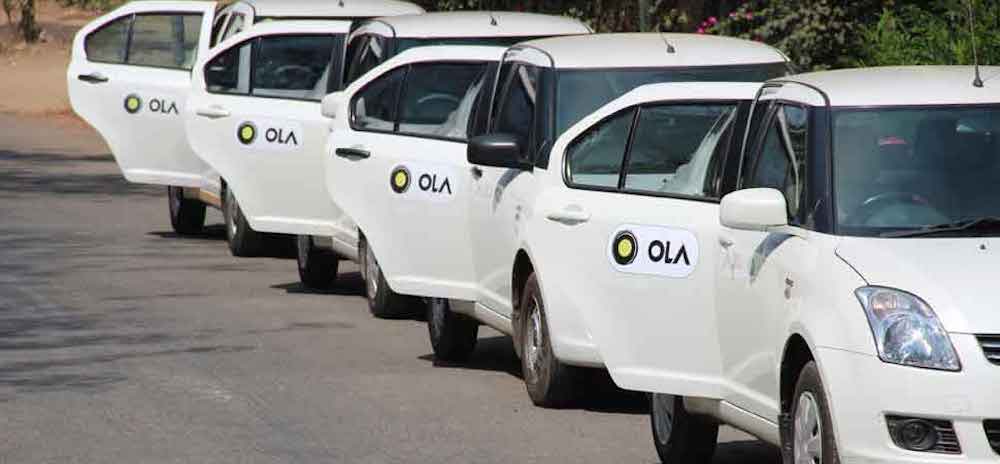Ola, Uber’s Impact On Automobile Sector Is Scary: Car Sales Down By 30% In India
Ola, Uber’s Impact On Automobile Sector Is Scary: Car Sales Down By 30% In India

The Problem with Car Sales Today
Private car ownership is on a decline since some time now. Car sales as compared to the preference of reliance on app-based cab services like Ola and Uber (majorly) have more than halved in the past two years and this trend doesn’t look like leaving us soon. The automobile industry has already been on a graph of sluggish sales, which has hence been aggravated by this news.
Due to problems such as traffic congestion, rising commute times and hassle in parking, people have started to show a unanimous preference towards public transport and ubiquity of cab-hailing and ride-pooling options.
This problem has come up even before electric vehicles and autonomous mobility entered the markets. According to Elon Musk, anyone who buys a car other than Tesla is actually investing in a horse, as Tesla is the only automobile company in the world to have fully established a working model of completely autonomous self-driving cars.
According to a report by SBI Capital Securities, cab aggregators like Ola and Uber have caused a downfall in demand by one-third in the last two years. These two market players have seen the majority of the market share in the past few years. The 3rd quarter of 2018 saw a 10% year-on-year decline in Maruti Suzuki’s net profit to Rs 2,240.4 crore, as reported by BSE.
The Society of Indian Automobile Manufacturers (SIAM) data depicts the decline in sales of passenger vehicles by 3.6% in the last financial year. It dropped for the fourth time by 3.4% to 266,000 units by the end of the last financial year. Hyundai Motor India sales fell 7.6% from last year to 44,350 units last month. Tata Motors sales went down to 12% in March. To avoid the pile-up of old models, manufacturers are offering huge discounts.
The Shift in Societal Preferences
The millennial today believe in time is money. In cities like Bangalore and Gurgaon, the traffic kills the ease of travel for many, resulting in jams and congestions, leading to a major waste of time. People are also beginning to value the ill-effects of pollution, hence opting for sharing vehicles. These factors are preventing people from buying cars in metro cities, where they just prefer to use them for weekend getaways.
With a bias for renting against buying, younger generations find renting a car suitable. The trend of families owning cars for social status is changing. “Social barriers are breaking. My friends who could not think of getting off their Mercedes are happily taking Ola-Uber,” says a 25-year old office goer working in Bangalore.
What is surprising is the pace of adoption of the new mobility patterns. This means automakers must quickly maneuver for a previously unfathomable future where every Indian family that can afford a car won’t necessarily buy one. In order to do something about their sluggish pace in sales, the industry will have to change according to the changing trends.

Post a Comment